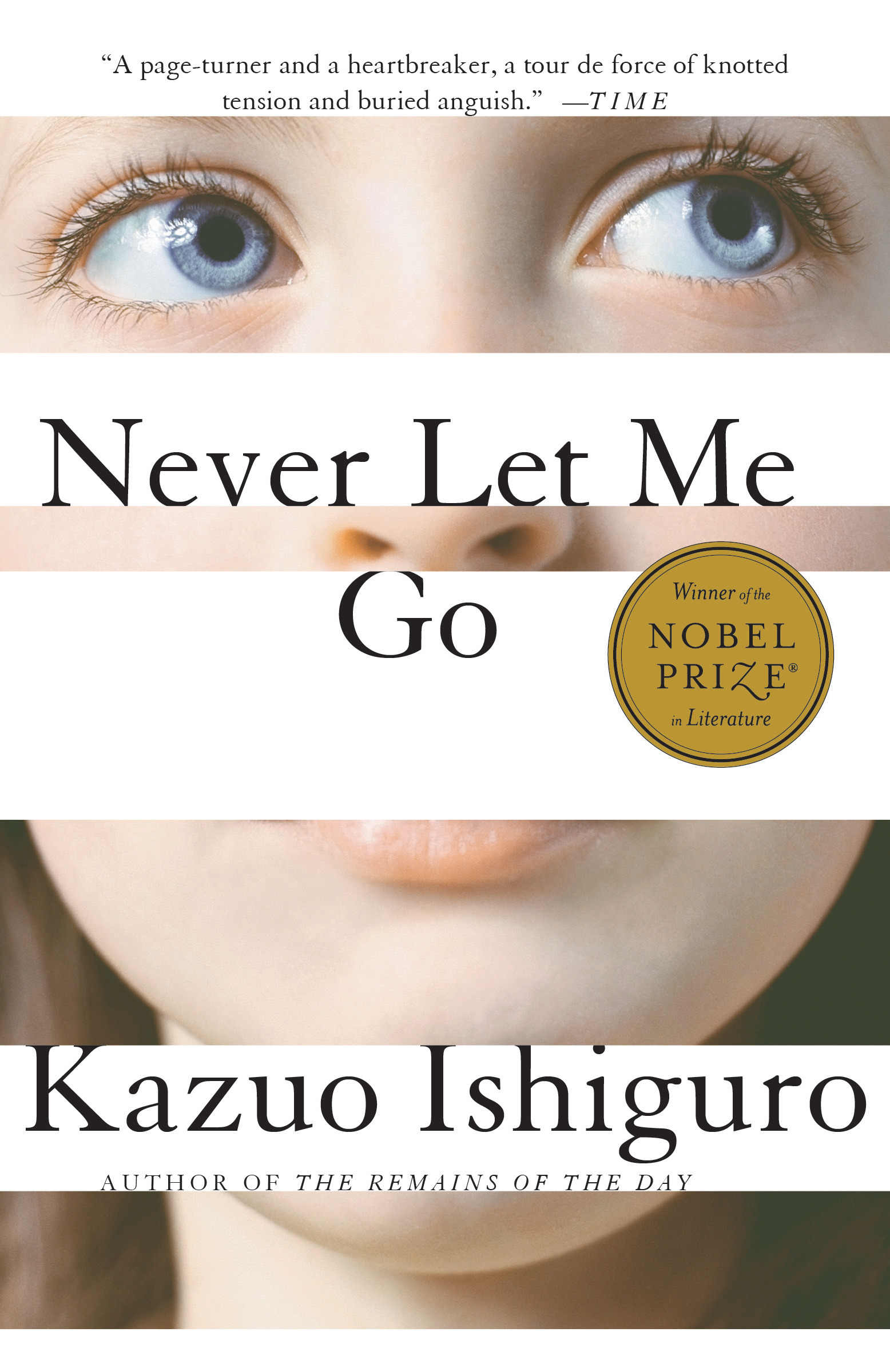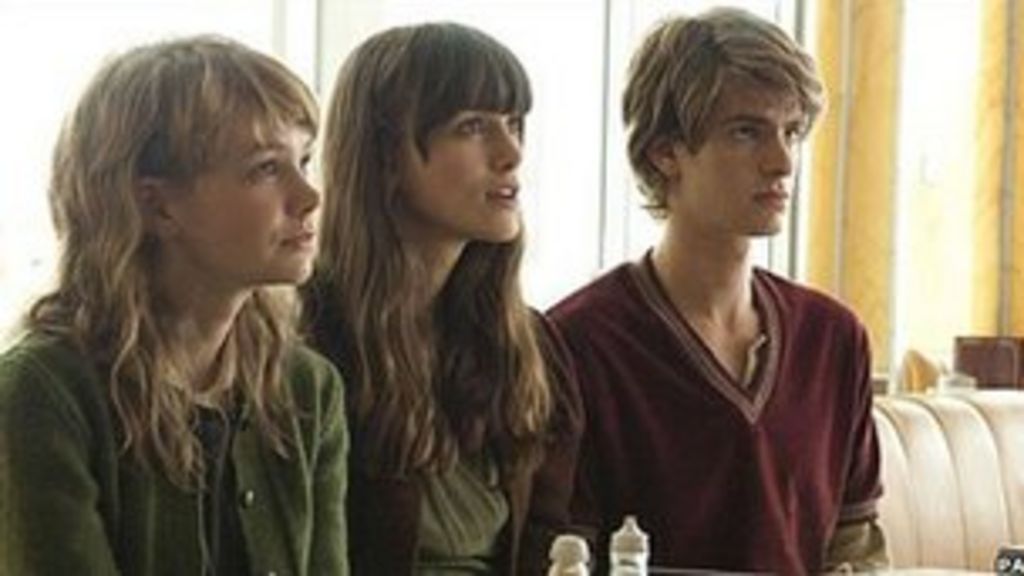 | |
| It's a good book. |
The bulk of the first part of the novel revolves around the children growing up and being children, with some subtle references to their future destinies. At one point in a flashback, a teacher abruptly gets angry at the children's lack of choice in their future careers. It's also recurring through the first part, and the book as a whole, that the students know what's in store for them, in a sense; the teachers told them when they were very young, and kept reinforcing it as they grew up, so that their fate seemed perfectly natural.
 |
| The main three characters in the movie adaptation -- left to right is Kathy (Carey Mulligan), Ruth (Keira Knightley) and Tommy (Andrew Garfield) |
 |
| Dogs are such sweet creatures. |
The Doctor's quote and the shortness of the childrens' lives also makes me wonder about the people I've known who died young. The boy who died in November 2018; he was the same age as me. He died months after Nana, my paternal grandmother -- she died aged 87, six months before him. One old, one young; how much did he and Nana live during the time they had? That question kept popping up while I was reading Never Let Me Go, in a comparison point to the children. I feel like he and Nana lived equally, if you use a system of how much happiness they experienced, how much fun they had. He was frequently happy, and I've always thought Nana spent most of her life enjoying it. And they're remembered and loved -- what comes to mind right now is the song sung on Armistice Sunday; "Lord of the Years", a song for the living to remember the dead. The dead we love never truly leave us, and they're never forgotten. But the children in Never Let Me Go, their lives are thrown away, and then they're forgotten. They have no family; their friends are either dead or soon to die. The most depressing thing is their sacrifices; they, like the soldiers we commemorate every year, sacrifice everything, including their lives, calmly and with acceptance, and yet nobody remembers or even acknowledges them. This is exemplified in the surnames of the children; they don't have any, and simply have an initial, such as Kathy H. That's her full name, right there; the reason why I've only acknowledged said surname once in this blog is because it sets her, and the other children, apart. By referring to them only by their first name, the 'unusual' aspects of their names, and by extension, their own uniqueness, are left behind. The adaptational movie ends on a similar note of disregarding the uniqueness of the children; movie Kathy notes how 'normal' people also 'complete'. Normal people die, just as the children do, whether from sickness, or injury, or death, and in death they are no different.
Ratings:
Romance-o-meter: Surprising amount; there's some in the first part, with many teenage couples. Kathy's best friends, Tommy and Ruth, date for a while. I initially thought Kathy was the third wheel; it later transpires that Ruth was all along, as Kathy and Tommy secretly yearned for each other. They eventually get together as well.
Sci-finess: Very high, though I can't reveal exactly how. The book is set in the 1980s/90s. though despite this biomedical science is far beyond anything we have today.
Would you survive if you travelled to this world?: I actually think you probably would. The medical technology over there is advanced enough that people regularly survive past one hundred years old.
Magic versus science: Firmly on the side of science; there are rumours about ghosts, at the school, but they're presumably just rumours.
Adaptational faithfulness: Fairly high, around 8/10. I did see one review which accused the adaptational movie of not just embracing the dark themes of the book, but wallowing in them; a harsh way of saying that the movie essentially accomplishes more in terms of creating a bleak atmosphere.
Overall rating: 9./10. This book is excellent; I really enjoyed it, despite the bleak tone; in fact, for me, the bleak tone really added to the atmosphere. I would highly recommend it!
No comments:
Post a Comment